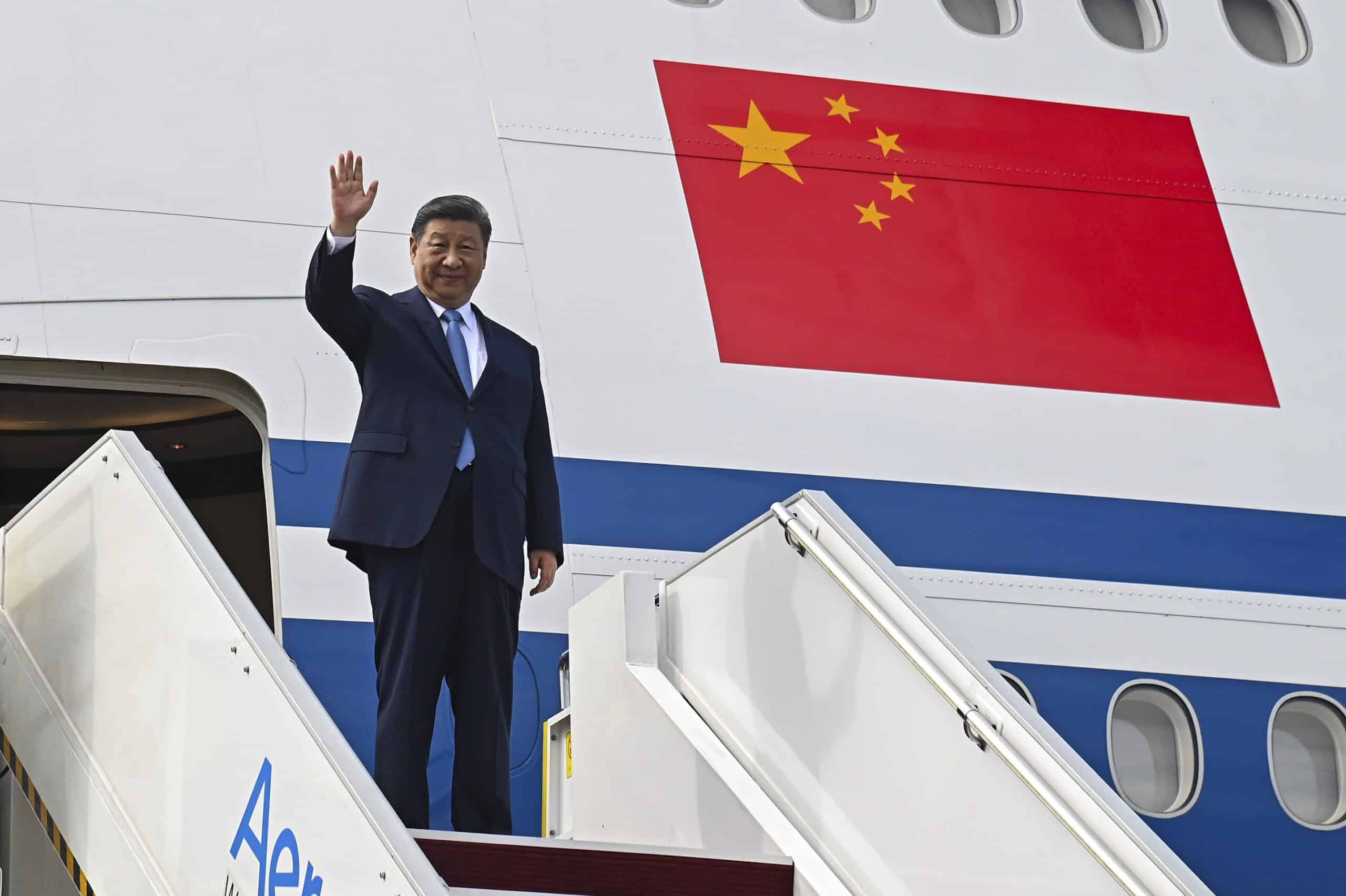The ministry announced on Tuesday that the decision is aligned with the country’s evolving national strategies and its commitment to high-quality development, Xinhua reported.
New majors focused on national strategic interests include marine science and technology, along with health and medical security.
In response to technological advancements, the catalog now includes majors such as smart molecular engineering, medical device and equipment engineering, and spatiotemporal information engineering.
To align with emerging market trends, new areas like international cruise management and aviation sports have been added.
Reflecting the increasing importance of artificial intelligence (AI) in modern society, the ministry has introduced majors such as AI education, smart audio-visual engineering, and digital drama.
To ensure a more responsive approach to national strategies, the ministry has implemented a new mechanism for quickly adjusting the curriculum to meet newly prioritized strategic sectors.
In light of the fast-paced development of the low-altitude economy, six universities, including Beihang University, have been instructed to introduce a major in low-altitude technology and engineering.
These new majors are expected to nurture specialized talent for key sectors, enhancing China’s competitiveness and influence, and supporting its industrial growth and modernization, said Wang Peng, an associate research fellow at the Beijing Academy of Social Sciences, in an interview with the Global Times.
To better align with national priorities, the Ministry of Education (MOE) has also introduced an expedited approval process for strategically important majors. This includes a “green channel” to quickly approve disciplines that are in line with government priorities and emerging key sectors.
For instance, to address the rapid expansion of the low-altitude economy, six universities, including Beihang University in Beijing, have been authorized to create low-altitude technology and engineering programs, bypassing the traditional centralized application process.
Wang noted that this approach will enable a quicker response to national strategic needs and help fill talent gaps promptly, thereby accelerating the development of the low-altitude economy.
The updated catalogue now lists 93 disciplinary categories and 845 college majors. The MOE statement also revealed that there are 62,800 undergraduate program offerings across the country’s higher education institutions.
Recent statistics from Xinhua suggest that China faces a shortage of over 5 million workers in artificial intelligence, 2.3 million in big data, more than 1 million in new-energy vehicles, and another 1 million drone operators for the low-altitude economy.


